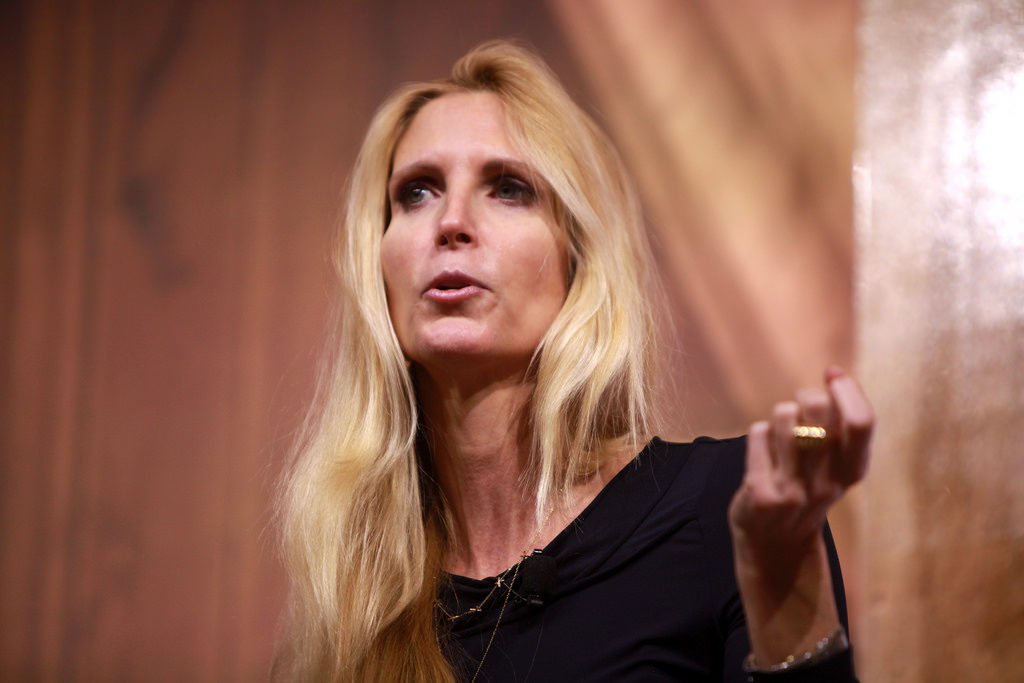
Every four years, at least one of my hyper-political friends announces an intent to “move to Canada” if so-and-so wins an election. Not that Canada wants them, but inevitably they stay put and life goes on. Me? I don’t bother with that threat. Because while I often disagree with a sitting administration, I would never give up my right, as an American, to assert my arguments. Imagine a world without my snark?
As a non-religious, outspoken person, I’ve been loving on the First Amendment since before I knew why it matters. One of my pastimes is poking fun at illiterate pundits and hypocritical talk show hosts. But I don’t want to silence these silly-sounding loudmouths, no matter how much I disagree with them. Never mind that I’d lose material for snarky jibes. Far worse is that, as a public, every time we eliminate a chance to disagree, we lose an opportunity to trigger that thing in the brain that forces us to formulate compelling counter arguments.
We need conflict to keep life interesting. Dissent is required if we are going to grow. If it weren’t for open, uncensored debate, humans might still believe the world is flat or that a woman should flatten her apron before her husband gets home from work. Public disagreement is a necessary component of growing and learning.
That’s why I’m screaming, “Shame on you!” to the ultra-liberal, highly-acclaimed UC Berkeley community that can’t welcome a different viewpoint on its coveted campus without fear of uncontrolled violence.
Guess what, Berkeley? It’s my right to say “Shame on you!” whether I agree with Ann Coulter’s political opinions or not. The First Amendment allows me this privilege. I don’t care who agrees with Coulter or how many things she says that may offend some people. We owe our 20-somethings the opportunity to dislike a speaker if they want to. We owe them the growth that comes from wanting to prove someone wrong. We owe them the bonding opportunity of uniting with dissenters. We owe them the privilege of hearing opposing viewpoints – whether those viewpoints serve to solidify their own views, cause them to change their minds or inspire them to come up with new thinking. We owe them consequences, like arrests and injury, if they get involved in physical altercations. And we owe them discomfort and the coping skills that develop therefrom.
Stop coddling people and kowtowing to the offended. When we stop challenging others’ views, we fail to grow.
